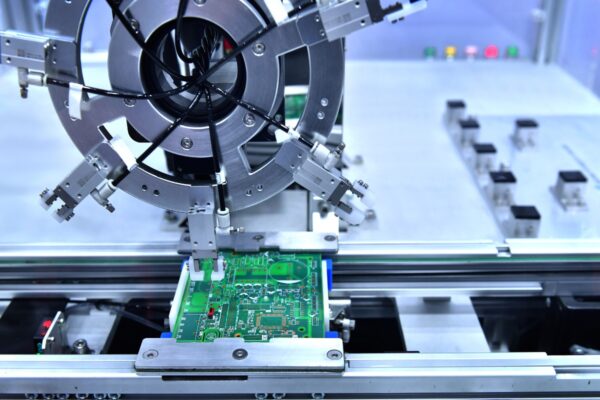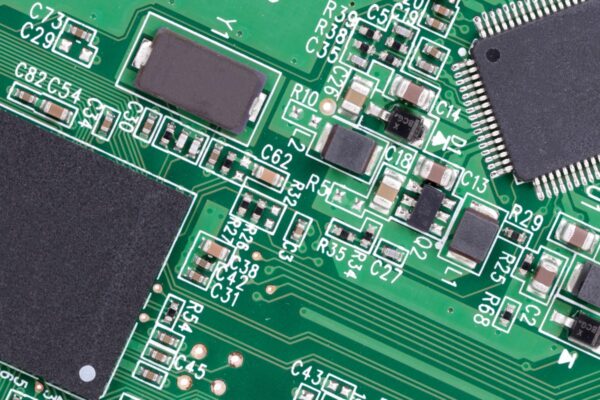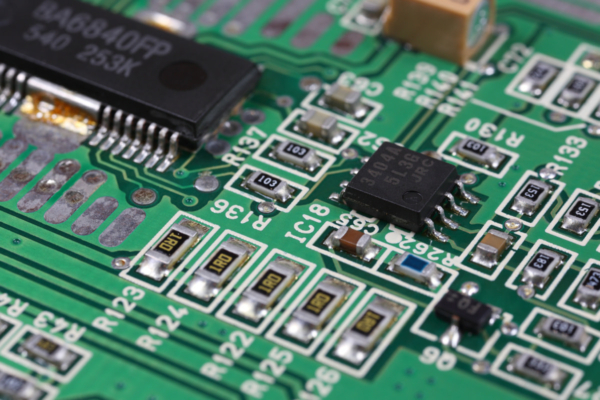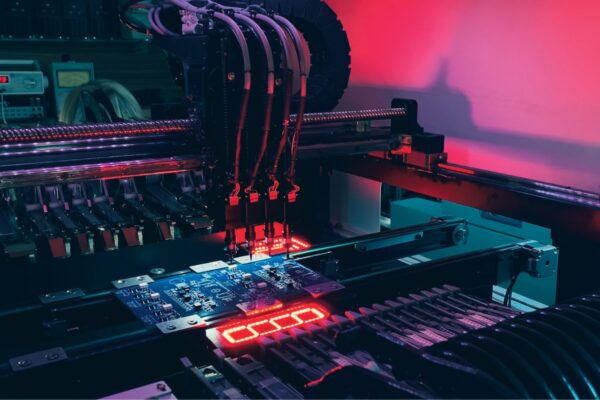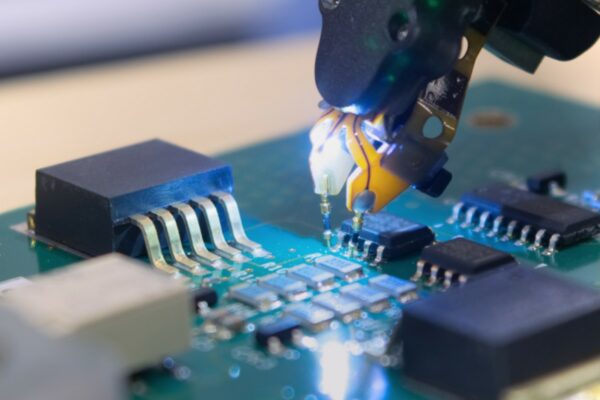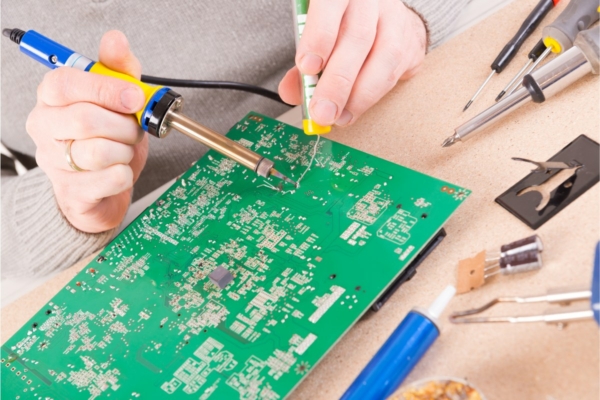What is Desktop Stencil
A desktop stencil is a specialized tool used for the precise application of solder paste onto printed circuit boards during the component assembly process. Unlike other types of stencils, a desktop stencil is specifically designed to be used on a desktop or workbench, providing convenience and accessibility for PCB assembly tasks.
The purpose of a desktop stencil is to ensure accurate and controlled solder paste application onto the PCB. Solder paste, a mixture of solder alloy particles and flux, is essential for creating electrical connections between components and the PCB. By using a desktop stencil, manufacturers can achieve consistent and reliable solder paste deposition, resulting in high-quality PCB assemblies.
Manufactured based on the PCB design data, a desktop stencil is customized to fit the specific layout and dimensions of the PCB. This customization ensures an exact match, allowing for precise alignment of the stencil with the PCB and accurate application of solder paste. The stencil typically features openings or apertures that correspond to the solder pads on the PCB, enabling the solder paste to be deposited precisely where it is needed.
To use a desktop stencil, one typically follows a set of instructions provided in a tutorial. These instructions guide the user through the process of aligning the stencil with the PCB, securing it in place, and applying the solder paste using a squeegee or a similar tool. The result is a controlled and consistent application of solder paste, minimizing the risk of solder bridging or insufficient solder joints.
Frequently Asked Questions
What Is Stencil for PCB
A stencil for PCB is a thin sheet or foil made of brass or stainless steel that has a circuit pattern cut into it. This pattern matches the positional pattern of surface mount devices (SMD) on the printed circuit board (PCB) for which the stencil is intended to be used.
Why Use a PCB Stencil
Why should I consider using a PCB stencil? PCB stencils offer a solution to replace the manual soldering of surface mount devices, eliminating the inconsistencies that can arise from hand soldering. They enable precise application of solder paste directly onto the surface that needs to be soldered.
